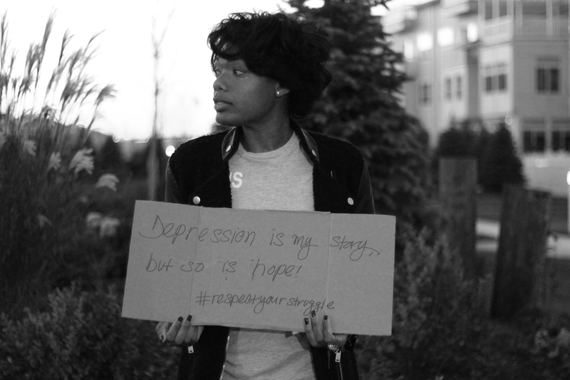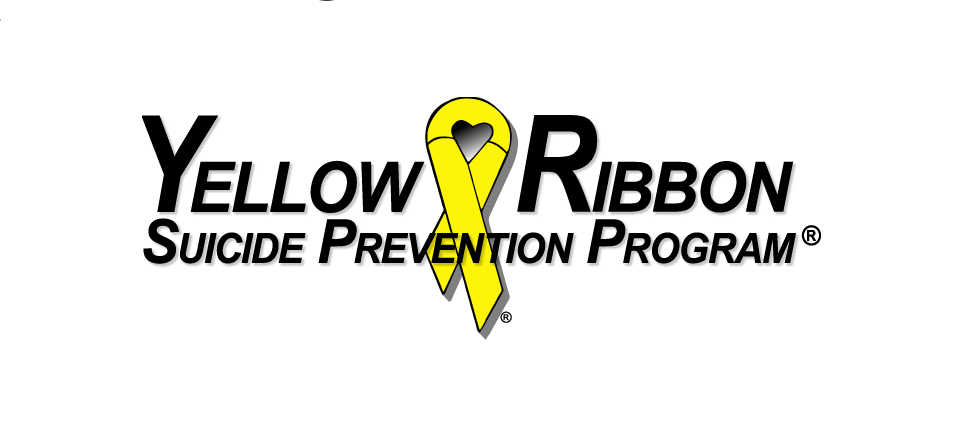
Proud2BMe
February 17, 2017 in LINKS
Positive body image, especially during adolescence and young adulthood, can be difficult to keep up. Society is chock full of “standards” for beauty and the “perfect body.” But while these standards are very public in nature, body image is a very personal thing.
So what is body image anyway? Body image is the way one visualizes their own body through mental image. It’s really common for teens and young adults to struggle with keeping up a positive body image. We have a wonderful resource to offer for you today: Proud2BMe is an online community focused on “promoting positive body image and encouraging healthy attitudes about food and weight.”
The website was created by and for teens. On Proud2BMe there are personal accounts, educational material, and expert advice about body image. We wanted to start off your Proud2BMe introduction by sharing one powerful personal story that discusses recovery. The author, Claire Trainor, talks about her recovery from an eating disorder. The entire story, “4 Things No One Tells You About Recovery” is inspiring and well worth the read. Here are some excerpts where Claire discusses recovery from mental illness:
“It’s important for anyone who has missed out on life due to mental illness not to blame his/herself. There’s no way to redo what you missed. All we can do is realize that the experiences we have helped us in our understanding, both of others and ourselves. They helped us to learn to deal with pain of mental illness and the pain of recovery.”
“But recovery is, in my humble opinion, a never-ending process. You learn to integrate struggle into your life and take it for what it is: a bump. No more, no less. Recovery is messy by nature, but that doesn’t mean it’s not worth it.”
“Eating disorders, like all mental illnesses, come with a bundle of judgments attached to them. It’s easy for people in the midst of the pain to feel angry, uncomfortable, or disrespected because of others’ stigma. But most of the time, judgment isn’t malicious, it’s just naïve. Breaking down stigma requires two willing parties: one to explain and one to learn.”

















Recent Comments